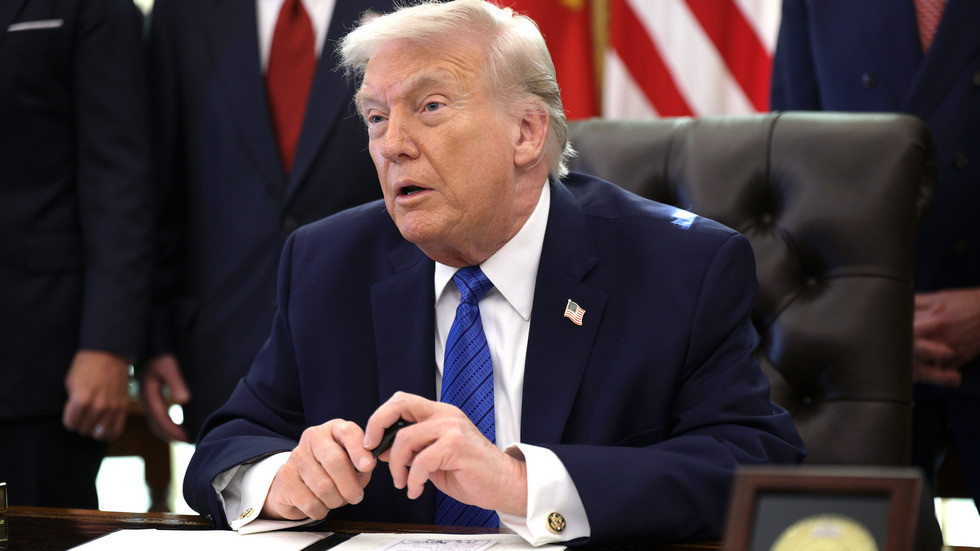Ghana has taken a significant step to boost its domestic tax revenue by implementing a new measure that imposes a 10% tax on betting and lottery winnings. The Ghana Revenue Authority (GRA) announced that this withholding tax will be automatically deducted at the point of payout for all betting, games, and lottery wins. The new regulation came into effect on Tuesday.
Under the new tax policy, if a game is cancelled and the player’s initial stake is refunded, or if the payout amount is equal to or less than the staked amount, the withholding tax will not be applicable. In an effort to ensure proper monitoring by the revenue authority, lottery operators are required to update their software to display details such as the amount staked, the winnings, and the tax withheld during payout.
Edward Gyambrah, the Commissioner of the GRA, emphasized that the implementation of this tax is expected to enhance Ghana’s domestic tax revenue mobilization. He pointed out that Ghana currently has a relatively low tax-to-GDP ratio compared to other countries in the sub-region.
However, this new tax initiative has faced criticism, particularly from the younger generation in Ghana. They argue that betting and lottery winnings often serve as alternative sources of income for the unemployed. Despite this, revenue authorities have issued a stern warning, stating that non-compliance with the new tax regulations will result in the revocation of licenses for sports betting firms, lottery operators, casinos, slot machine operators, and marketing promoters.
This move comes as Ghana strives to revive its economy after experiencing a prolonged period of economic challenges. In May of this year, the country entered into a three-year IMF bailout program. As part of the efforts to stimulate economic growth, economic managers have called for an expansion of the tax base and the mobilization of domestic resources.
By implementing this new tax on betting and lottery winnings, Ghana aims to increase its domestic tax revenue, improve its tax-to-GDP ratio, and pave the way for a more robust and sustainable economy.



